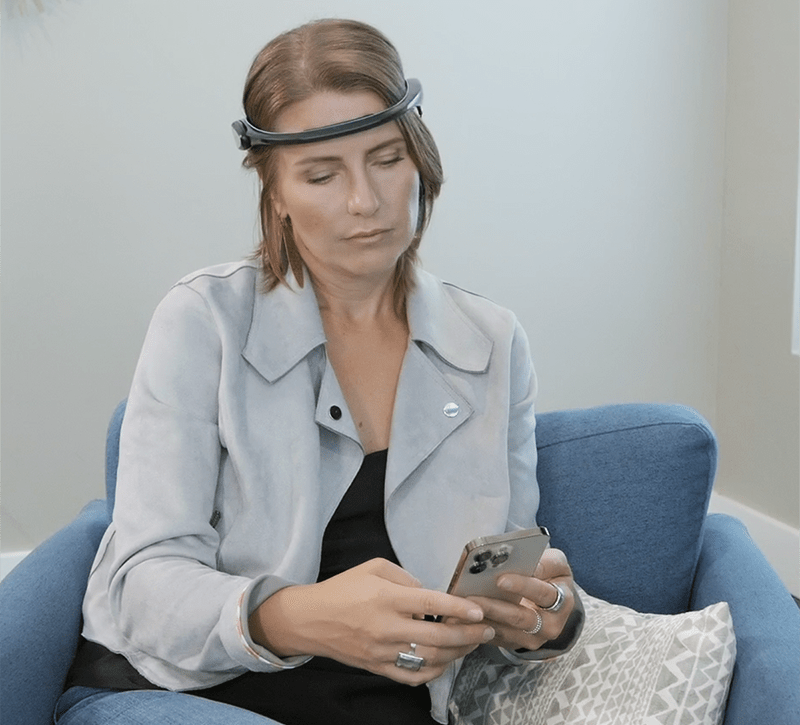In the US, opioid overdose deaths are at a rate higher than ever. The drug, primarily used for pain relief, is euphoric yet addictive and takes about 50,000 people annually in the country — roughly 4% of Americans have an opioid disorder, according to the National Center for Drug Abuse Statistics.
The White House describes it as an epidemic, investing $450 million last year to tackle the crisis: “in memory of those we have lost and to protect the lives we can still save.”
Across all drugs including alcohol, marijuana, cocaine, and opioids, about 21 million Americans have at least one addiction.
Optimistically, recovery is possible through a combination of counselling and medication, yet, in the US, only 10% of addicts receive treatment, and it is not a quick and easy process.
Generally, substance abuse counselling uses cognitive-behavioural therapy (CBT), commonly used in mental health recovery as well. In brief, CBT aims to discover what triggers cravings and relapses, and rewire the brain to resist temptation.
The approach takes trust, a deep sense of self-awareness, and is lengthy — but, with the help of technology, this can be tackled.
Neurotech firm MetaBrain Labs believes it has the answer by digitally transforming CBT in the form of wearables and AI.
“Having personally experienced the pain of a family member with addictive behaviour, and on the flip side helping them recover, I know the power of healing from within,” claims founder and CEO, MetaBrain Labs, Alexandrea Day.

Alexandrea Day, CEO and founder of MetaBrain Labs
“I want to help everyone by gearing our product to help people find the core driver of addiction.”
Launched 18 months ago, MetaBrain Labs was established during the COVID era as a fusion of Day’s experience working in video production, and 18 years working in mental health and CBT.
MetaBrain Labs has developed a mind-reader headset, of sorts, and a robotic companion available to download as a phone application.
While the wearer answers questions the AI chatbot asks, the headset can analyse brain wave data, send it to the platform to measure for whether it’s true or not, and help the user to uncover their triggers.
“The method is very much like a polygraph. But instead of using biometric measurements like heart rate, blood pressure, or respiration, our product uses brain wave measurements,” she explains.
“The real aim is to advance the product for use as a digital therapeutic, paired with medications to improve health outcomes for many people that suffer with depression, anxiety, and substance abuse, among others.”
How does it work?
“The first step is to decide that your thoughts work against you, and you want to change them.”
Once the headset is purchased and the app downloaded, the user can choose the topic they want to tackle. While it can be addiction recovery, it could also be anxiety and depression-related issues too.

The MetaBrain Labs headset and app
“The process involves answering questions posed by the chatbot. It’s best to answer as honestly as possible to discover the unconscious, not readily available belief,” explains Day. “The chatbot is designed to trigger the awareness of the ‘reason why’.”
With the use of the truth-or-lie detecting brain waves, the chatbot can narrow down the users’ beliefs as to why they need to use a drug, for instance, and overtime influence the user to think differently.
“Each person is unique, and our product is all about personalisation so that each person discovers their self-defeating beliefs that generate unwanted behaviour.”
“That is what our product does – finds the belief and then over two weeks reprogramming occurs morning and night reinforcing in your own words, the removal of the old belief and replacement with what a person wants to believe in its stead.”
According to the firm, the technology is “heading towards FDA approval”. There are no hard and fast stats yet, but anecdotal evidence from initial use cases has left Day confident that the product is helping with recovery: “Multiple people no longer crave their drug choice. It’s not even a thing anymore for them. There is no fight or need to resist. The desire is simply gone,” she claims.
“These people no longer identify as addicts. That to me, is a powerful shift. And this is what cognitive restructuring offers to everyone.”
Next, MetaBrain Labs wants to take artificial intelligence from simple chatbot responses, to conversational robo-therapists: “But, it’s a process and the MetaBrain Labs Ethics Council is involved to ensure care for all users and their neurodata.”
For Day, this digital therapy is the “CBT digital therapeutic of the future, focusing on cognitive restructuring, the identification, and reframing of maladaptive thoughts.”